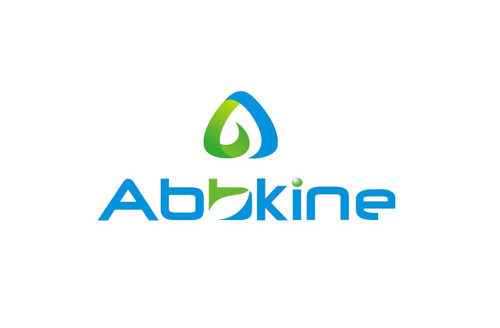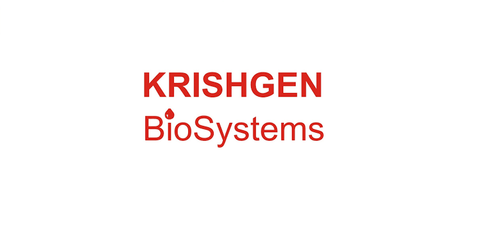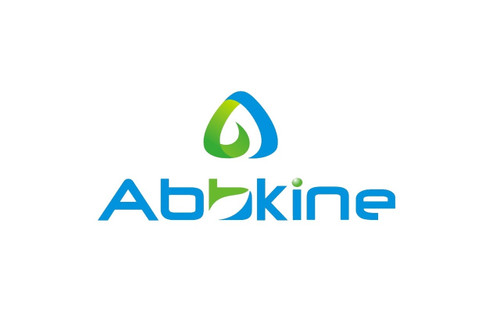Product Description
Human Sphingosine 1-phosphate receptor type 3 (S1P3) ELISA Kit | AE20862HU | Abebio
Species Reactivity: Human (Homo sapiens)
Abbreviation: S1PR3
Alternative Name: EDG-3; EDG3; FLJ37523; FLJ93220; LPB3; MGC71696; S1P3; G protein-coupled receptor; endothelial differentiation gene-3|S1P receptor EDG3|endothelial differentiation; sphingolipid G-protein-coupled re
Application: ELISA
Range: 1.56-100 ng/mL
Sensitivity: 0.63 ng/mL
Intra-Assay: ≤5.3%
Inter-Assay: ≤7.5%
Recovery: 0, 97
Sample Type: Serum, Plasma, Other biological fluids
Detection Method: Sandwich
Analysis Method : Quantitive
Test Principale: This assay employs a two-site sandwich ELISA to quantitate S1PR3 in samples. An antibody specific for S1PR3 has been pre-coated onto a microplate. Standards and samples are pipetted into the wells and anyS1PR3 present is bound by the immobilized antibody. After removing any unbound substances, a biotin-conjugated antibody specific for S1PR3 is added to the wells. After washing, Streptavidin conjugated Horseradish Peroxidase (HRP) is added to the wells. Following a wash to remove any unbound avidin-enzyme reagent, a substrate solution is added to the wells and color develops in proportion to the amount of S1PR3 bound in the initial step. The color development is stopped and the intensity of the color is measured.
Product Overview: Sphingosine-1-phosphate receptor 3 also known as S1PR3 is a G protein-coupled receptor which binds the lipid signaling molecule sphingosine 1-phosphate (S1P) . Hence this receptor is also known as S1P3. This gene encodes a member of the EDG family of receptors, which are G protein-coupled receptors. This protein has been identified as a functional receptor for sphingosine 1-phosphate and likely contributes to the regulation of angiogenesis and vascular endothelial cell function.According to these guidelines, a receptor is to be named with the abbreviation of the natural agonist with the highest potency, followed by a subscripted arabic number. Thus they suggested that the designation EDG3 should be changed to S1P3.
Stability: The stability of ELISA kit is determined by the loss rate of activity. The loss rate of this kit is less than 5% within the expiration date under appropriate storage condition. The loss rate was determined by accelerated thermal degradation test. Keep the kit at 37°C for 4 and 7 days, and compare O.D.values of the kit kept at 37°C with that of at recommended temperature. (referring from China Biological Products Standard, which was calculated by the Arrhenius equation. For ELISA kit, 4 days storage at 37°C can be considered as 6 months at 2 - 8°C, which means 7 days at 37°C equaling 12 months at 2 - 8°C) .
 Euro
Euro
 USD
USD
 British Pound
British Pound
 NULL
NULL












